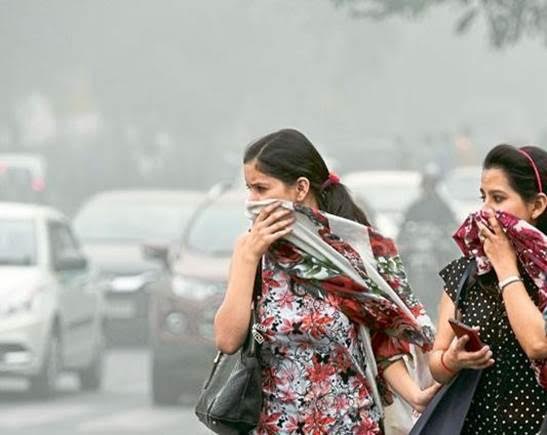Global pollution kills 9 million people a year

date: 15/01/2018
A new landmark study conducted with EU support and recently published in The Lancet, finds that air, water and soil pollution are responsible for an estimated 9 million premature deaths and cost trillions of dollars every year. This is about three times the death burden from malaria, AIDS and tuberculosis combined. Developing countries are particularly affected.For decades, pollution and its harmful effects on people’s health, the environment, and the planet have been neglected both by Governments and the international agenda. Yet, pollution is the largest environmental cause of disease and death in the world today.
The Lancet Commission on pollution and health addresses the full health and economic costs of air, water, and soil pollution. Through analyses of existing and emerging data, the Commission reveals pollution’s severe and underreported contribution to the Global Burden of Disease. It uncovers the economic costs of pollution to low-income and middle-income countries.
According to the authors, toxic air, water, soils and workplaces are responsible for the diseases that kill one in every six people around the world. The deaths attributed to pollution are equivalent to three times those from Aids, malaria and tuberculosis combined.
Outdoor air pollution, from vehicles and industry notably, cause 4.5 million deaths a year; indoor air pollution (largely from indoor cooking and warming wood and dung stoves), cause 2.9m deaths. The next biggest cause of deaths is water pollution, which is linked to 1.8m deaths as a result of gastrointestinal diseases and parasitic infections. Workplace pollution, including exposure to toxins, carcinogens and secondhand tobacco smoke, resulted in 800,000 deaths. Lead pollution, the one metal for which some data is available, was linked to 500,000 deaths a year.
The vast majority of the pollution deaths occur in developing countries and this burden is an expensive drag on developing economies. Pollution is indeed responsible for substantial economic costs which are estimated to more than US$ 4.6 trillion per year in welfare losses, equal to about 6.2% of global economic output
The Lancet Commission report on Pollution and Health, co-financed by the European Union is available at: http://www.thelancet.com/commissions/pollution-and-health. It aims to inform decision makers around the world about the burden that pollution places on health and economic development; it also highlights a number of cost-effective pollution control solutions and strategies.
EU international cooperation and development policy can make a significant contribution to tackling the issue, through further action and investments in the following areas:
- supporting the transition to a low emission green and circular economy;
- promoting access to safe water and sanitation;
- supporting the transition to clean and renewable energy sources in developing countries;
- mainstreaming pollution considerations in its support to the health sector and other relevant sectors;
- promoting sustainable urban development, notably through investments in urban planning, solid waste management, waste water treatment and water supply, clean energy, public transport and other sustainable mobility systems.
